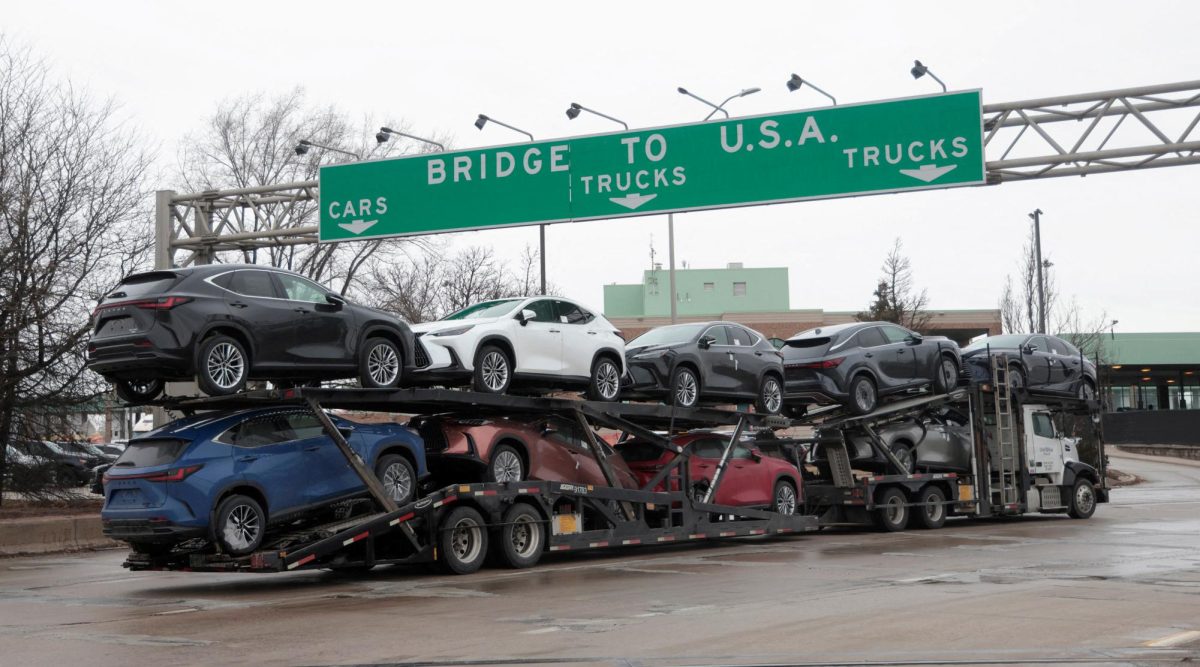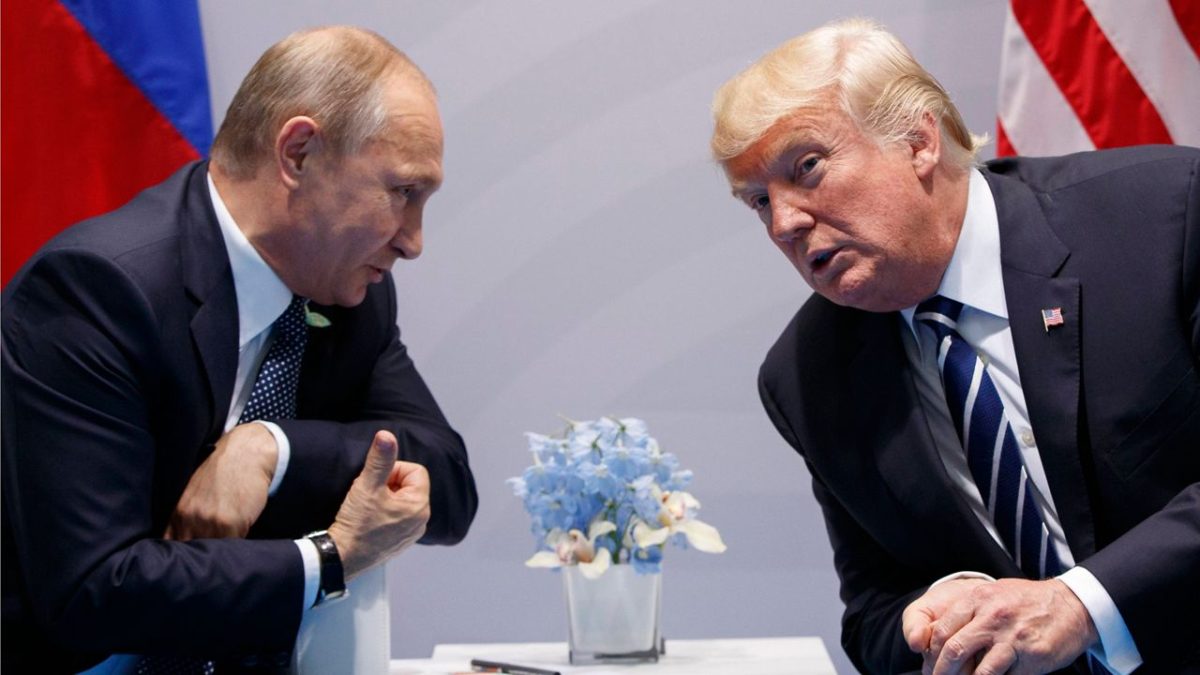On April 3rd, Donald Trump established tariffs on car prices. A 25% tariff will apply to imported cars from the United States.
These tariffs will apply to vehicles including cars, SUVS, minivans, cargo vans, light trucks, auto parts, including engines, power train parts, and electrical components.
This move by President Trump could mess up how the U.S., Canada, and Mexico work together to build cars. It might make it harder and more expensive to trade car parts between the countries.
Three negative impacts are possible. Like having higher costs for many manufacturers, or the prices increase for consumers, and a less competitive industry. The fact that not a lot of cars are fully built in only one country affects the Canadian Automobile Industry.
The most affected companies are Stellantis NV, which described these tariffs as painful and overly rigid, suggesting they are a threat to the industry. They announced temporary layoffs of 900 U.S workers and production halts at assembly plants in Mexico, Canada, and the Windsor assembly plants in Ontario affected approximately 4,500 workers. Ford Motor Company, which created the “from America, for America” promotion that offered employee discounts on select models to counteract potential price increases due to tariffs. Finally, Volvo and Mercedes-Benz, which have considered expanding V.S. production to lighten tariff impact, with Volvo planning to increase production at its South Carolina plant.
Several vehicles are produced exclusively in the U.S., so they are not directly affected by the new tariffs when sold domestically. Example, the Ford Mustang who is manufactured at the flat rock Assembly plant in Michigan, the Chevrolet Corvette produced at the bowling Green Assembly plant in Kentucky, the Tesla model S and model X who are assembled at the Tesla factory in Fremont, California, the Toyota Camry who is manufactured at the Toyota motor manufacturing Kentucky, and finally, the Honda accord produced at the Honda’s Marysville Auto plant in Ohio.
The Americans import cars from plenty of countries, but the main ones are Mexico with 1,98 million cars, Japan with 1,47 million cars, South Korea with 1,27 million cars, and Canada with 1,24 million cars.
A lot of countries are unhappy about that, for example, Japan. This state sells a lot of cars across the globe, especially in the United States, which is a big buyer of their cars, like Honda and Mitsubishi.









